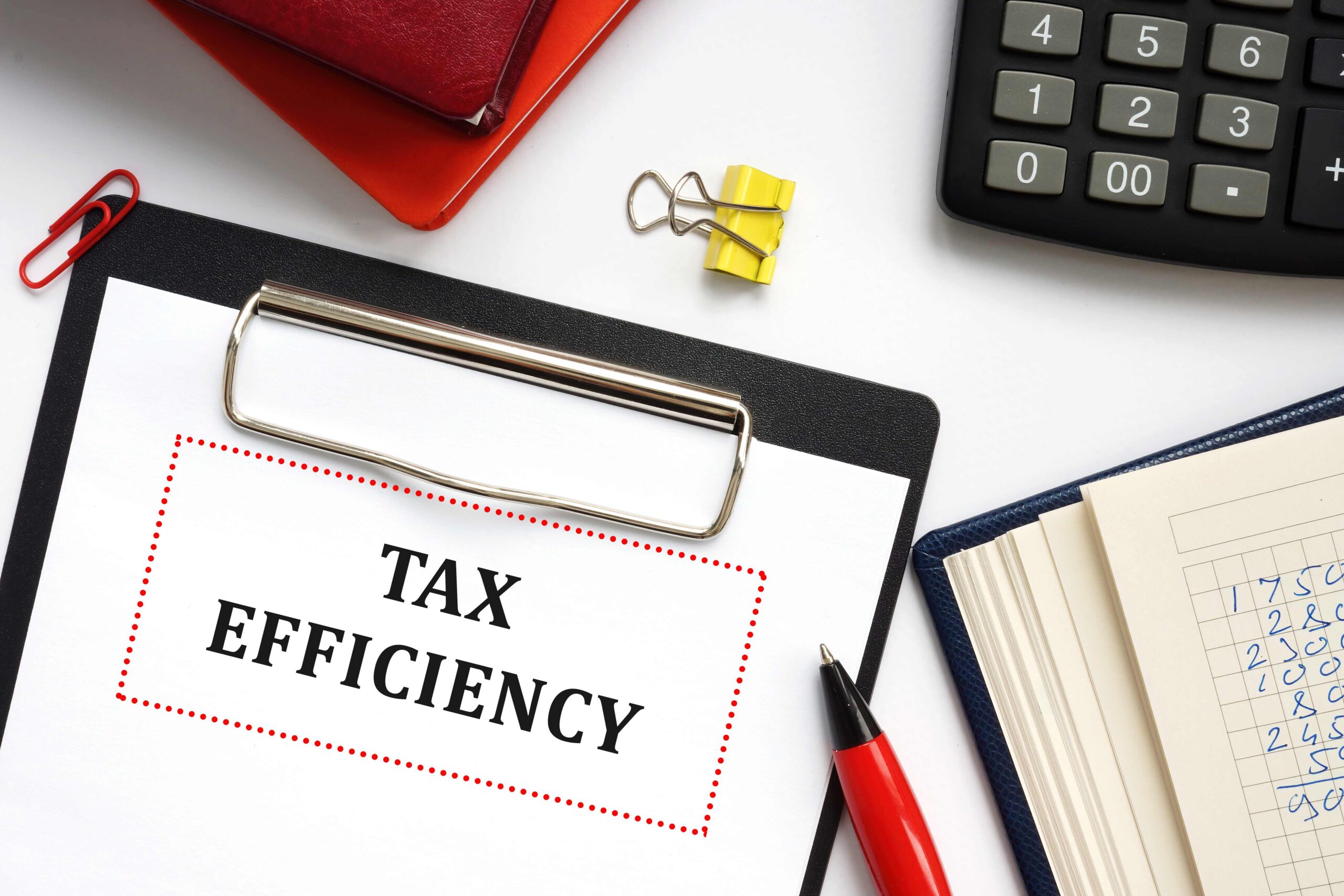
The period immediately before a Budget is traditionally a time when a Government remains tight-lipped about impending changes to tax legislation. Chancellor Rachel Reeves has taken the unusual step of addressing the nation, to effectively forewarn the public of the tough decisions that will be behind the Budget announcement on 26th November. Whilst the speech was light on detail, the underlying message was a clear signal that we may all need to contribute more.
Given the difficult choices outlined by the Chancellor in her speech, it may be tempting to consider adjusting your financial plans in anticipation of the Budget. In our experience, however, trying to “second-guess” legislative changes could lead to a worse financial outcome.
Pension speculation – a familiar theme
Mainstream media has, once again, been quick to suggest further changes to pension legislation are possible in this year’s Budget, as one measure the Chancellor could take to balance the books. Whilst newspapers have column inches to fill, we feel much of the speculation is both unhelpful and unwarranted. Firstly, pension legislation has already undergone significant changes over recent years, and governments should be looking to incentivise saving for later life, rather than penalising it. Secondly, media speculation last year led some to try to pre-judge the outcome of the Budget in respect of their pension savings and take pre-emptive action to take Tax Free Cash from their pension prematurely.
As a result, H M Revenue & Customs sent out a bulletin in September, reminding the industry of the rules surrounding the crystallisation of pensions, and the inability to cancel actions once taken. The comments reinforced the rule that decisions taken cannot be unwound, and if actions result in unintended tax consequences, these cannot be reversed.
Transitional arrangements
It has historically been the case that changes to pension legislation also come with transitional arrangements, which smooth the path between the old and new rules. For example, when the Lifetime Allowance for pension savings – first introduced in 2006 and later abolished last year – has been adjusted, those affected by reductions in the Allowance could choose to protect their position.
It is also important to consider the structural changes that the pension industry would need to make, to cope with significant changes to pension legislation. This would suggest that any significant measures announced would not be invoked immediately after the Budget. The changes to pensions and Inheritance Tax, announced in the Budget last October, are a good example of this. Whilst the legislative changes were announced in October 2024, the new rules will not come into force until April 2027, to give the industry time to adapt and for consultations to take place on implementation.
Changes to tax rates can happen overnight, such as the increase to the rate of Capital Gains Tax which took effect from the date of the Budget last year; however, a change to the rate applying to an existing rule framework is relatively easy to implement, whereas structural changes would almost certainly require consultation and a lead time before they become law.
Take steps to stay tax-efficient
As we run up to the Budget, it may be tempting to act given the rampant speculation in advance of the statement. Instead, we recommend clients focus on ways that they can structure their finances in a tax-efficient manner and ensure their plans can adapt to change without incurring heavy costs or unwelcome tax penalties. A well-constructed financial plan considers not just returns, but also how much of those returns you keep after tax and given the expectation that we may all be contributing more to the public purse after the Budget, it is essential that you take advantage of all available tax wrappers, allowances, and reliefs.
Using the annual Individual Savings Account (ISA) allowance and making further pension contributions are simple ways to place funds in tax-privileged wrappers that shelter investment returns from both Income Tax and Capital Gains Tax. Where investments are held outside of a tax wrapper, review the Capital Gains Tax position of existing investments held and make sure you use the annual Capital Gains Tax exemption.
Married couples can also take pro-active steps to consider the structure of family income, to make use of all available allowances. The Marriage Allowance, which lets a spouse transfer £1,260 of their Personal Allowance to their husband, wife or civil partner can save up to £252 a year in Income Tax. Married couples can also take advantage of the gifting rules to structure savings and investments, so that a greater proportion of interest falls within their individual Personal Savings and Dividend allowances.
As more estates are now liable to Inheritance Tax, with an even greater number becoming liable once the changes to pension funds on death are in place from April 2027, taking simple steps to review the value of your potential estate and making use of the Annual Gift Exemption where appropriate can help reduce a potential Inheritance Tax liability.
How we can help
The Chancellor may well have “rolled the pitch” to warn of tough choices ahead of the forthcoming Budget. Whilst we do not recommend acting on speculation, undertaking an audit of your current financial arrangements, to make sure you are making best use of available tax allowances, is a sensible step to take.
Our independent financial planners can help you navigate the increasingly complex tax environment, by taking a comprehensive look at your financial position, including investments, retirement savings, and your Inheritance Tax position, to identify opportunities that can improve your overall tax-efficiency. Speak to one of the team to start a conversation.





